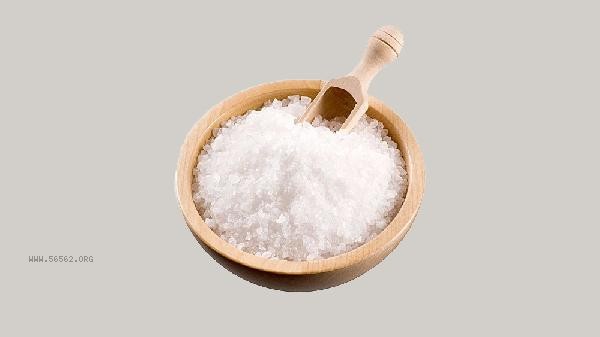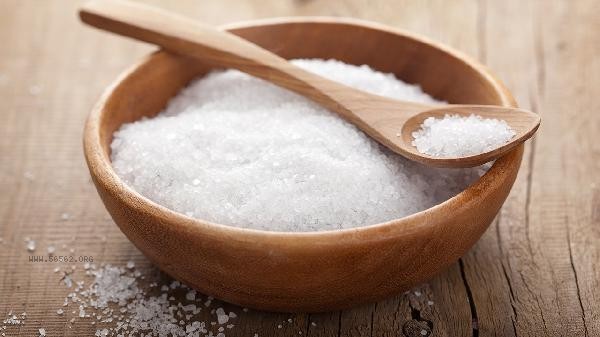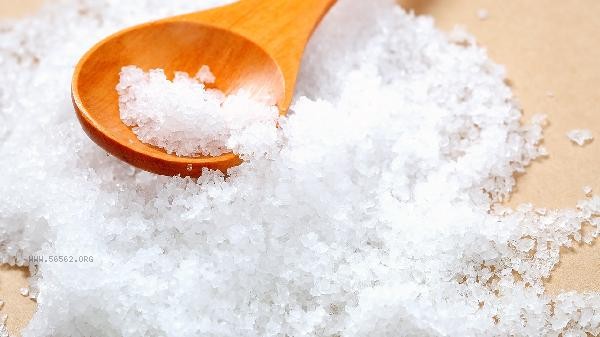The bitter taste of salt may be caused by residual impurities in the production process or improper storage leading to spoilage. The bitterness of table salt is mainly related to factors such as excessive impurities such as magnesium chloride, moisture clumping, metal contamination, residual processing aids, and potassium iodate decomposition.

1. Excessive Magnesium Chloride
The main component of table salt is sodium chloride, but some sea salt or rock salt may contain impurities such as magnesium chloride. Magnesium chloride has a distinct bitter taste, and when its content exceeds the standard, it can cause the salt to become bitter. Regular production of salt requires purification processes to remove impurities, but small workshop products may have process defects.
2. Moisture induced clumping
Salt can easily clump and breed microorganisms after absorbing moisture, and some microbial metabolites can produce bitter substances. When the humidity in the storage environment exceeds 75%, salt may undergo deliquescence and spoilage. It is recommended to store salt in a dry and sealed container to avoid using salt that has become damp and clumped.
III. Metal Pollution
Poor quality salt may be mixed with metal impurities such as copper and lead, which combine with chloride ions to produce a bitter taste. Part of the metal pollution comes from corrosion of production equipment or substandard packaging materials. Long term intake of salt with excessive metal content may pose a health hazard.

Fourth, Processing Aid Residues
Some salt will use anti caking agents and other food additives during the processing, such as potassium ferrocyanide. When additives are added in excess or mixed unevenly, they may remain in the salt and produce a bitter taste. The dosage of additives that meet national standards usually does not affect the taste.
V. Decomposition of Potassium Iodate
Potassium iodate in iodized salt may decompose into potassium iodide in high temperature and high humidity environments, which reacts with impurities in salt to produce a bitter taste. Iodized salt should be avoided from direct sunlight and high temperature environments. It is recommended to use it within six months after opening.

When purchasing salt in daily life, it is recommended to choose qualified products produced by reputable manufacturers, and pay attention to checking the integrity of packaging and shelf life. When storing, keep the environment dry and cool. If there is a noticeable bitterness, discoloration, or odor in the salt, it should be stopped from consumption. Reasonably control salt intake, adults should not exceed 5 grams per day, and hypertensive patients need to strictly limit their intake. You can reduce the amount of salt by using spices, vinegar, and other seasonings, while increasing the intake of fresh vegetables and fruits to balance sodium and potassium levels.









Comments (0)
Leave a Comment
No comments yet
Be the first to share your thoughts!